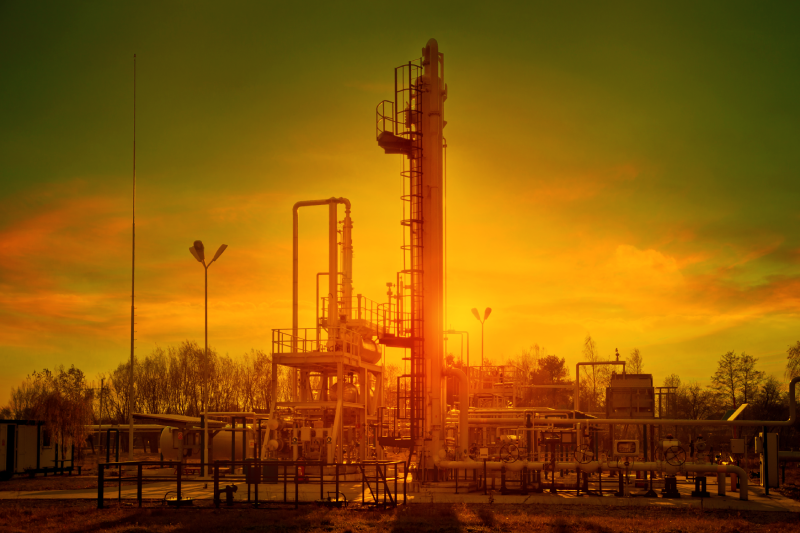Why Your Gas Compression Equipment May No Longer be Optimum
Gas compression equipment used in oil and gas applications may be required to operate away from their design duties in the course of the life of the field. Usually, such centrifugal compressors are meticulously designed and optimized for their initial duty. This is however soon replaced with duties that the centrifugal compressors are not optimized for and inevitably reliability issues set in. In a lot of cases, these changes in duties are difficult to anticipate.
This is why it is important that centrifugal compressors are not just sized and optimized for their initial or forecast production regime but also with the flexibility to respond to changes. Correction of suboptimal operation of centrifugal compressors can be challenging but may be achieved via careful changes in operational strategy or through expertly developed redesign and modification of the existing equipment.
WHY COMPRESSOR DUTIES CHANGE
There is some degree of inevitability about change in compression duties over the life of a production field. Understanding the main reasons why this happens is a good first step towards making the right decisions in response.
In my experience, some of the most common reasons for the change in compressor duties that result in sub-optimal operation are:
The natural production decline of the field: This is primarily the reduction in reservoir pressures and well flow rates due to continuous production. The production cycle of a depleted gas or gas condensate field will normally begin with a period of free flow when significant production is achieved driven by the natural pressure of the reservoir. As the pressure of the reservoir declines, the production plateau can no longer be maintained by just the free flow of the hydrocarbons.
Gas compression equipment will be needed. As the production decline continues, the gas compression equipment will need to be further optimized to handle the changing duties. This is the most inevitable cause of off-design operation and also one of the most common. Despite its inevitability, I have seen many operational situations in which the gas compression equipment was designed only for the initial operating conditions without sufficient consideration for the entire life of the field.
Deviation from initial reservoir forecasts: This usually occurs when the estimated productivity of the reservoir is significantly different from that which occurs in reality and the centrifugal compressors were designed based on the initial field forecasts which were significantly different from reality.
Integration of satellite fields: This results in the scenario where gas compression equipment originally designed for a specific field becomes a production hub for neighboring fields as well. The use of the centrifugal compressor changes from handling the known compositions and duties of gas from the native field to handling gas from several neighboring fields coming in at different flow rates and pressures. In one particular case I worked on, economic reasons led to this change but the gas compression equipment was never really designed to work that way. This led to a lot of reliability and operational issues.
Changes in gas composition: This results in a situation where the operational gas composition significantly deviates from the design gas composition of the centrifugal compressor. This may happen for several reasons including erroneous reservoir PVT analysis and compressing of third-party gas.
Changes in EOR or gas lift requirements: This could mean new operating pressures, flow rates, and even gas compositions for the centrifugal compressors deployed in these applications.
Changes in production contractual obligations: This (although quite rare) is usually driven by economics or regulation. The resultant changes in duty can result in the suboptimal operation of gas compression equipment.
Changes in equipment upstream of the centrifugal compressors: Changes in the configuration or design of upstream equipment such as wells or gathering networks can create bottlenecks that affect the duty of gas compression equipment.
Other reasons for the suboptimal operation of centrifugal compressors exist such as poor design, operational errors, damage of critical components, and fouling. However, deviation from their initial design duties is probably the most common underlying cause. There are measures that one can implement to achieve better production optimization of gas compression systems that are operating away from their design duties. I will address some of these in subsequent articles.

